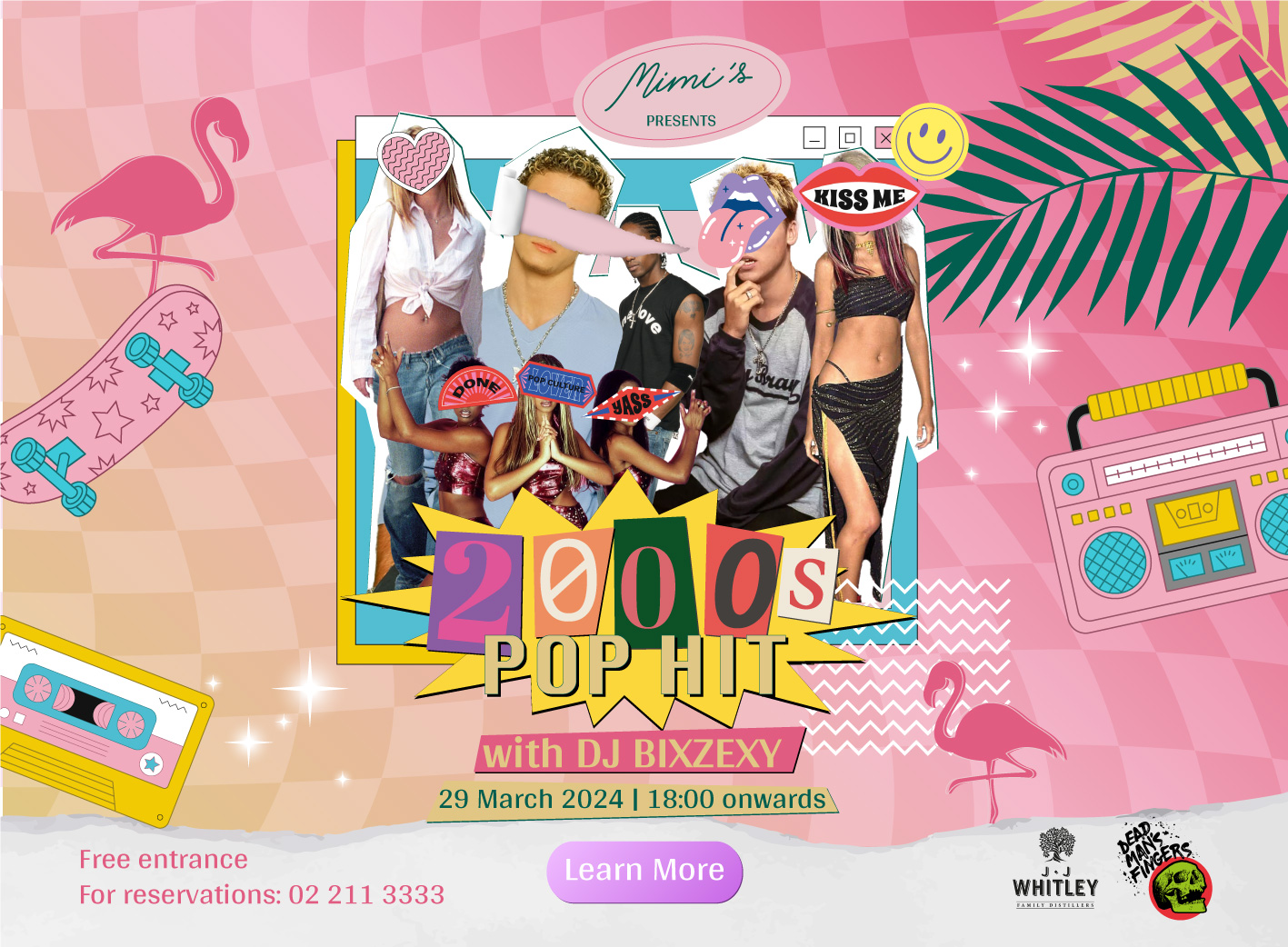STEM pioneer Siriporn (Simmi) Ghai shows us how far hard work has taken her.
By Shruti Kothari
Have you always been interested in the sciences?
I was always interested in pursuing a career in science, specifically Biology, even though I took Physics, Chemistry and Math for the International Baccalaureate (IB). I was initially studying Applied Chemistry at Chulalongkorn University, which was an extremely interesting experience due to all its long-standing traditions. However, I realised that it was just a substitute for my real interests. So I applied for Psychology and Neuroscience at the University of Manchester, UK.
How did you narrow down on Neuroscience?
How the human mind and brain works is absolutely fascinating! But I preferred a more methodical and quantitative approach to its study. Neuroscience was a tough subject, but I enjoyed it despite not always having a plan for the future.
Was it difficult to find a job in this relatively niche field?
I wanted to get a job in the UK, but due to changes in visa regulations, it was extremely tough for non-EU international students. So when I came back to Thailand, I was at a loss for what opportunities there were for me. Then I heard about a job at the The Thai Red Cross Emerging Infectious Disease Health Science Centre (TRC-EID) at King Chulalongkorn Memorial Hospital. Although I did not fit the JD, I applied anyway. Long story short, they hired me and another candidate who had the specific skills they had originally advertised for.
It’s impressive that you applied for the job without having the required skill set. Did your education help you manage, or was there a lot of on-the- job training
More than anything, I truly believe that the IB prepared me for the real world. However, I did pick up lots of skills on-the-job when I was thrown in the deep end. It was a case of “get this done”, and then I had to find out what “this” was in the first place. I actually like that, because when you do accomplish it, you KNOW how far you’ve come. It is a lot of thinking on your feet, identifying obstacles and finding a workaround, and getting the job done; at least that is my approach to work and life. I am a logical thinker, so I can’t imagine working in a non-technical field. It would probably bore me.
What exactly does your job entail?
TRC-EID is a designated World Health Organisation Collaborating Centre, covering infectious diseases that affect the nervous system. I wear many hats, such as analysing genetic data, coordinating international research projects, which includes reading through contracts, corresponding with grantors, working on grant proposals, compiling scientific reports, and working on manuscripts for international scientific journals.
While working, I was assigned as admin for implementing a laboratory sample management software for Black & Veatch. I was able to quickly understand the technology. Hence, the company asked my boss if they could hire me part-time to help with their expansion. I learnt everything about this job, on-the-job. Three years on, I am the Regional Implementation Manager, responsible for two different softwares in the ASEAN and Indochina region.
So you’re actually juggling two jobs. How do you manage?
I end up working odd hours, and I try to fit in my social life wherever I can. Friends and family do get displeased on occasion as they barely get to see me. I also travel a lot for work, and this is disruptive to any routine I try to forge. I am still figuring this out, even after three years.
With two different jobs, do you find one more challenging than the other?
Both are challenging in their own ways. While the science work provides me with a sense of social fulfilment, the IT work feeds more into my satisfaction as a problem solver.
Have you ever faced any difficulty being a woman in STEM?
It can be daunting to be the only female in a meeting room full of men, or irritating when clients only address your male colleagues, or when the IT staff ‘mansplain’ things to you. But I don’t think this occurs only in STEM. Being brown does not help either; I faced discrimination at university in Manchester as the first non-British president of the Sikh Society. Being young is also unhelpful in Thai/ Asian culture. But all that doesn’t matter.
Discrimination is all around us, but the world is changing. I try to spend less time thinking about how I was potentially discriminated against, and more on how I can get the job done. At the end of the day, it is the results or the process that will potentially change their perspectives.
You’ve published a number of reports and journals. What was your experience like?
It’s fun! I had the opportunity to first author a chapter of a recently published book on rabies, and I may have referenced Harry Potter in there. Honestly, it feels like I am back in school doing lab reports, or at university doing literature reviews. It is about attention to detail, and ensuring that all information is current and factually correct, with papers to support it. What I personally want to research is a completely different question – and once I know, I will finally be enrolling to complete a PhD.
Are there any accomplishments you are most proud of? Do you have any regrets?
When I look back at myself as a fresh university graduate in 2012, I realise how far I have come. I never imagined I would find work in what I am doing now, as jobs that I could not even articulate, were what I wanted to pursue in life. I went with the flow, and things just gradually fell into place, allowing me to secure opportunities as they came along.
What does your future hold?
No concrete plans. I take things as they come and live life on the edge!
Do you have any advice for young people?
It is okay if you don’t have a plan, or you don’t know where your passion lies, even after university. But it’s important to be willing to work well, work hard and be responsible. Those are non-negotiables. Working in the public sector, the salary is predictably low. But we are fortunate to have a roof over our heads and food on our table. Don’t be afraid, or don’t think it is below you to give an opportunity a try. Most importantly, ask questions, even if you think it might make you look stupid. Carpe diem.






